
Writing With a Broken Tusk
Writing With a Broken Tusk began in 2006 as a blog about overlapping geographies, personal and real-world, and writing books for children. The blog name refers to the mythical pact made between the poet Vyaasa and the Hindu elephant headed god Ganesha who was his scribe during the composition of the Mahabharata. It also refers to my second published book, edited by the generous and brilliant Diantha Thorpe of Linnet Books/The Shoe String Press, published in 1996, acquired and republished by August House and still miraculously in print.
Since March, writer and former student Jen Breach has helped me manage guest posts and Process Talk pieces on this blog. They have lined up and conducted author/illustrator interviews and invited and coordinated guest posts. That support has helped me get through weeks when I’ve been in edit-copyedit-proofing mode, and it’s also introduced me to writers and books I might not have found otherwise. Our overlapping interests have led to posts for which I might not have had the time or attention-span. It’s the beauty of shared circles—Venn diagrams, anyone?

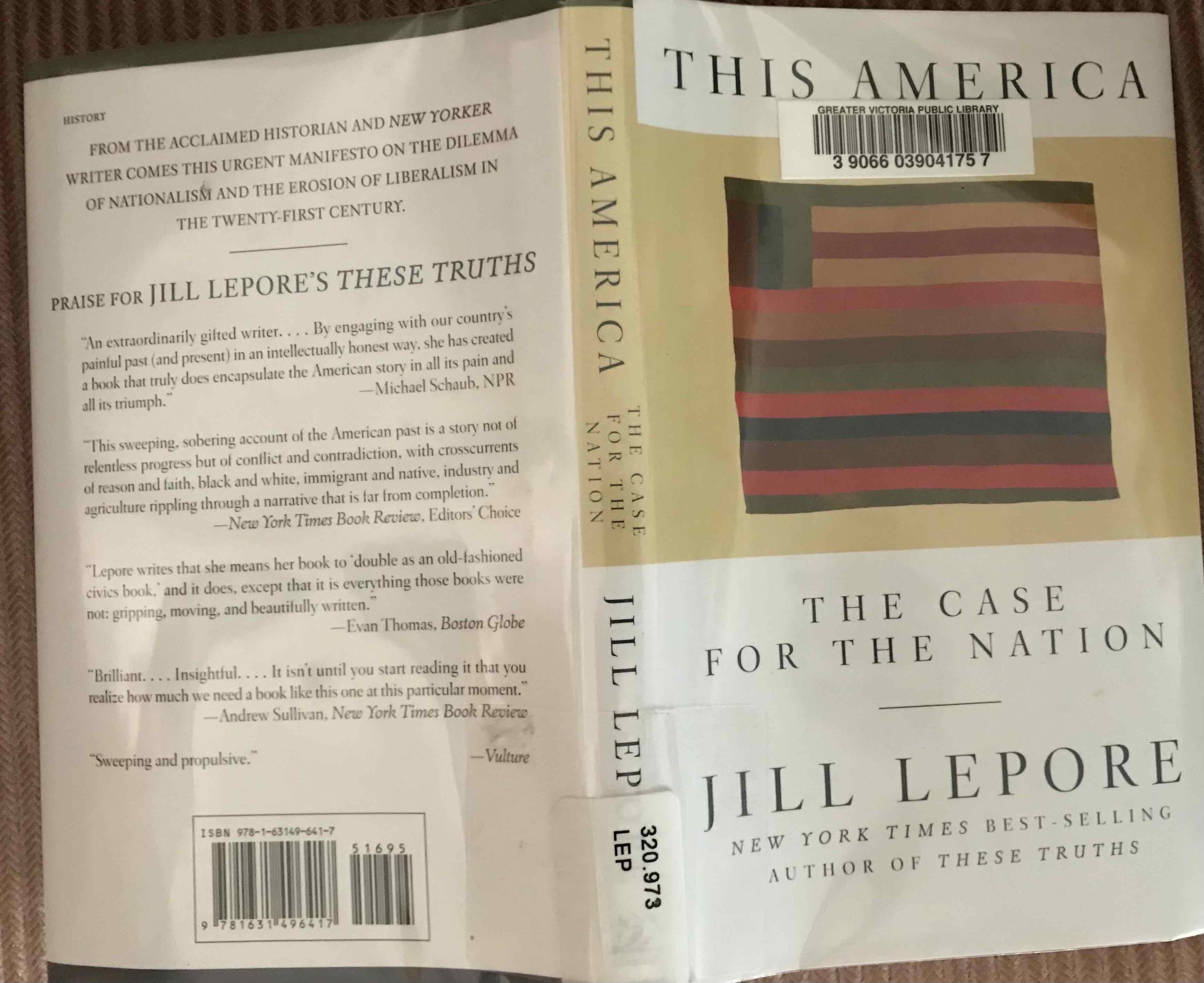
Chapter endings in This America by Jill Lepore
I didn’t pick up Jill Lepore’s This America to study its chapter endings. But there it was on a nonfiction display shelf in my local library, looking invitingly slender. I loved These Truths, and I was in complaining mode about the state of the world, so I reached for it.
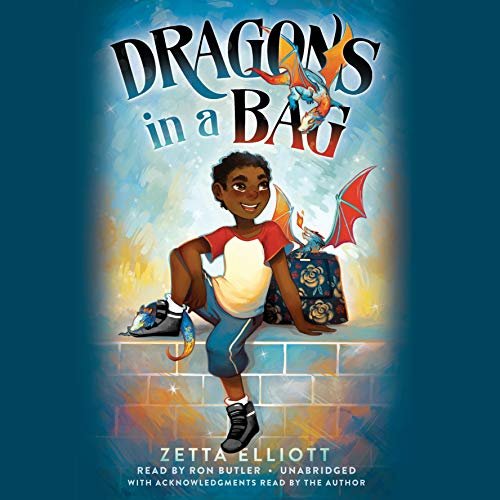
Magic and Community in Dragons in a Bag by Zetta Elliott
I’ve been meaning to read the Dragons in a Bag series by Zetta Elliott for awhile and something or the other kept getting in the way. I finally got to listen to the audiobook of Book 1. It kept me company as I began to muddle through the revision of a middle grade fantasy work-in-progress of my own.

The Rabbit’s Foot of Book Publicity
…is every book deserving of being gushed about? That’s the question raised in an article by Helen Lewis in The Atlantic: “The Blurb Problem Keeps Getting Worse.”
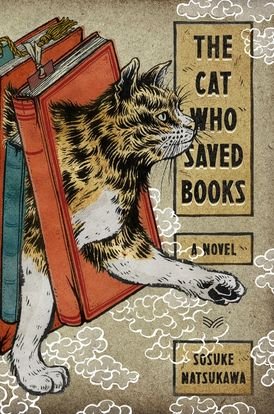
Quick Reads: The Cat Who Saved Books by Sosuke Natsukawa
When summer receded this year, I found myself wanting to read something fantastic and low-key and, yes, heartwarming. Maybe something fictional about books, and possibly—why not?—cats.
That is probably why The Cat Who Saved Books by Sosuke Natsukawa caught my eye. Its young and hesitant hero, Rintaro Natsuki, is described as “a bookish highschooler,” a hikokomori. That is one who’s pulled inward or is socially withdrawn.

Guest Post: Ashley Wilda on The Night Fox
From Ashley Wilda’s guest post: “I don’t know if I can do this.” That’s what I said to my husband after reading the editorial letter for The Night Fox. There was one major problem - I had too many walls.
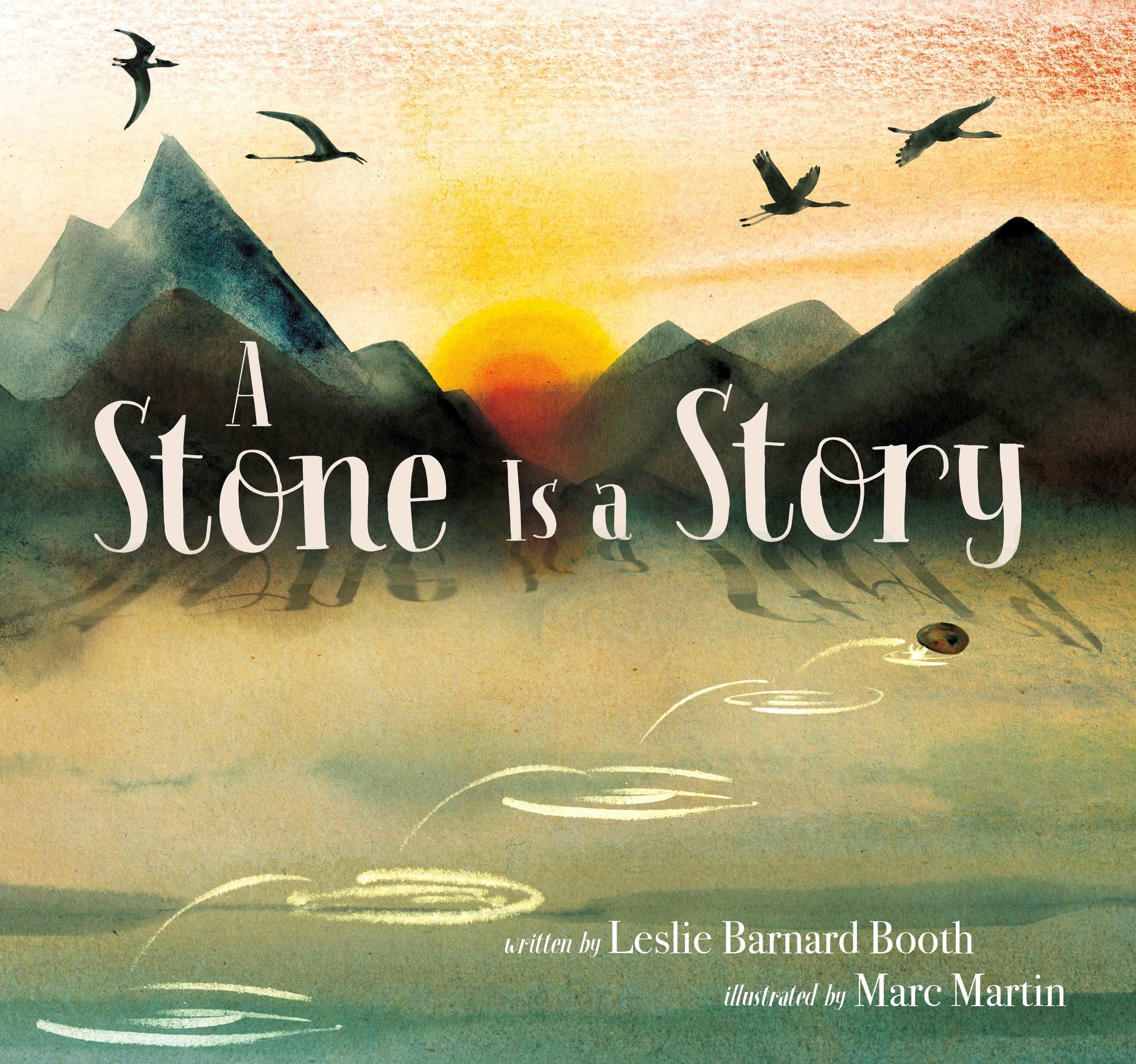
Process Talk: Leslie Booth on writing A Stone is a Story
In the manner of Marion Dane Bauer’s The Stuff of Stars, here is a picture book about time and matter. I invited author Leslie Barnard Booth to tell me more about the creation of this book.
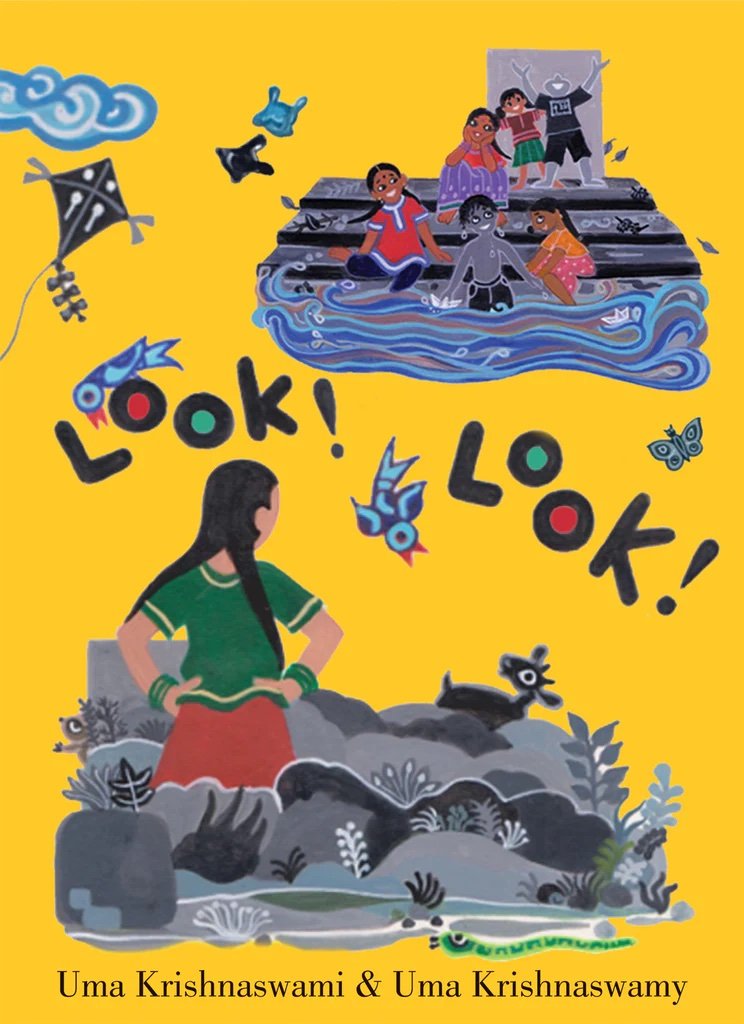
What happened when? The challenge of writing a companion book
I started writing the text of a possible companion book to Out of the Way! Out of the Way! last year, with a focus on water and with a girl as protagonist, a contrast in my mind to the earlier story about a boy and a road and a tree.
I thought I’d written a tidy picture book text, stayed true to my young character, followed more or less the shape of the previous story.

A Magic Spark: Ben Fox on Serendipity, Joy, and Books
I usually feature writers and occasionally illustrators on this blog, so this is a little different. Some time ago, I was invited by a new website to recommend a themed list of books related in some way to my middle grade novel, The Problem With Being Slightly Heroic. It was so much fun to choose and think about the books on that list that I grew interested in how the site works. It provides a vast array of book recommendations across various genres, catering to diverse reading preferences by offering curated lists that help readers discover new and exciting titles.
The website is shepherd.com. I asked Ben Fox, the founder, if he’d write a post for Writing With a Broken Tusk on this very interesting project, which seeks to mimic the browsing experience virtually by creating webs of recommendations from authors.

“SAADA Became Home.” Mayanthi Jayawardena on her Dreamscape Mural
For 15 years, the non-profit organization SAADA (South Asian American Digital Archive) has been building a virtual space to contain and disseminate the stories of South Asian Americans. They have the largest publicly accessible archive of South Asian American stories, over a million visitors to their web site, original essays about South Asian America in TIDES, an online magazine—and now they have their own office space in Philadelphia, complete with art on the walls.
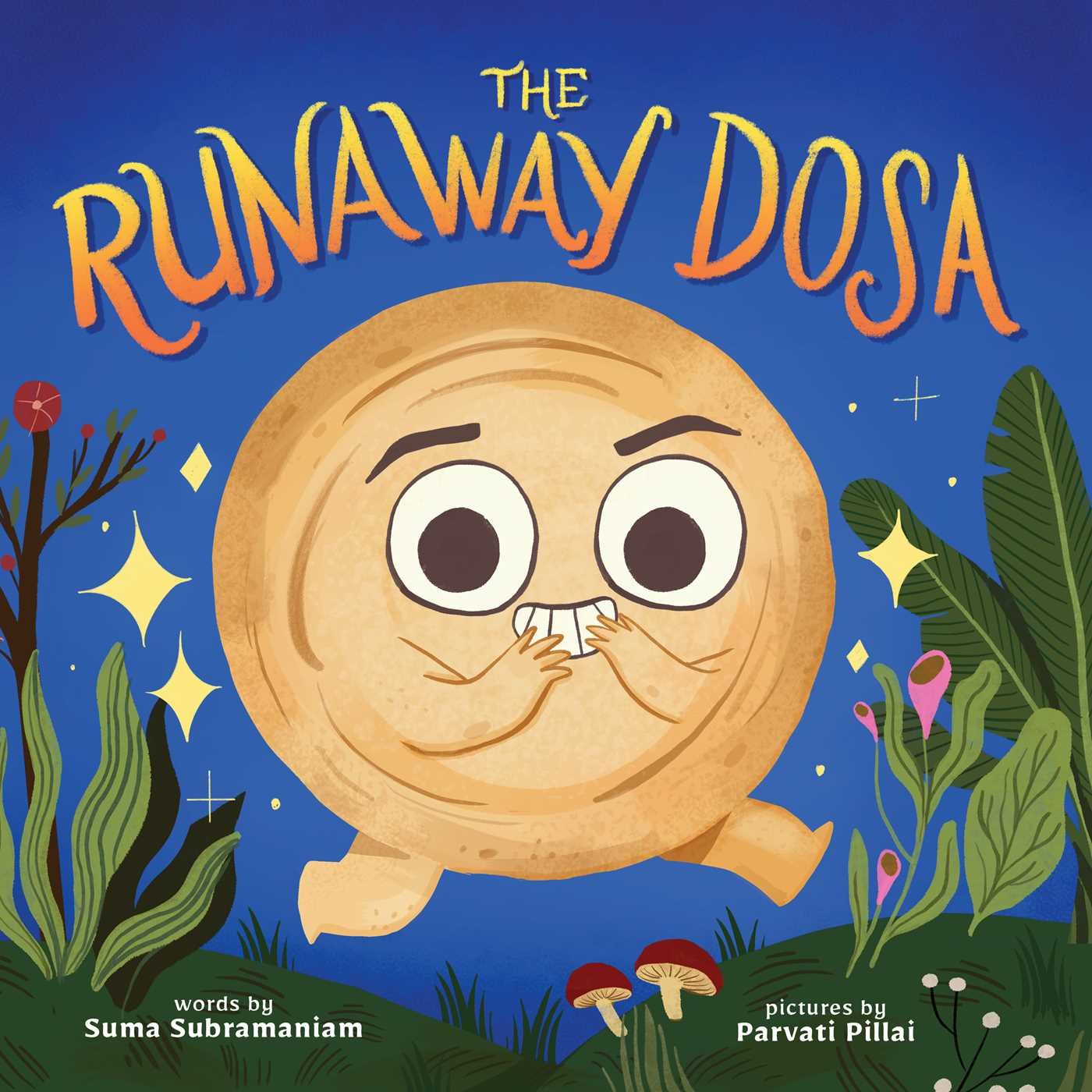
Guest Post: Making Connections Through Dosas by Suma Subramaniam
From Suma Subramaniam: In the summer of 2015, I was working with my faculty advisor, the one and only Jane Kurtz in the Vermont College of Fine Arts MFA in Children’s and Young Adult literature program, when we both challenged each other to write a story from the cultures we grew up in. The story would be inspired by The Gingerbread Man—a folktale about a man made of gingerbread who runs away from a cast of characters.

Poetry and Wondrous Facts in The Wisdom of Trees
Author-illustrator Lita Judge (Flight School and Something Beautiful) delivers for children the understanding that Suzanne Simard elevated with her research—forests are more than just a bunch of trees that all happen to be growing in the same place.

Stalking the Spirit
Earlier this year I was in the position of juggling not one, not two, but three works in progress, all under contract, each needing different parts of my brain to give it attention.
Then a new story idea turned up, appearing like a mirage from the pages of a nonfiction book I was reading at the time, calling to me from far down the road like a ghost.

Is Storification Always Necessary?
“We are all storytellers.” It was some time in the 1980s I began hearing this at workshops and conferences and in books for writers. I bought it entirely. It gave me hope that I too could do what I badly wanted to do—write books for children.
In a way, I’d been working at storytelling my whole life. I fabricated whoppers when I was a child, often just for fun. I wrote on walls. I scribbled made-up narratives almost as soon as I had the basic skills of manipulating pencil and paper.
When I finally dared to think of myself as a writer, it was vastly reassuring to be told that I came by the yearning naturally. Hadn’t stories been told from the beginning of time? In rock art and body art? About constellations and shorelines and mountains? Around fire circles in dimly imagined pasts? It didn't seem so audacious to be reaching for a skillset that I’d apparently acquired by birthright.

Unpacking the Notion of Genius
I suppose if you live long enough the world as you know it begins to settle itself into a pattern in the manner of a jigsaw puzzle. Truth is, I was never very good at those, but every now and then I get the feeling that I can see something I couldn’t before, that maybe I’ve gained a glimmer of understanding of what was previously incomprehensible. A recent post by political rhetoric scholar Ryan Skinnell came my way via the JSTOR daily, offering one of those clarifying moments. It was about the myth of the universal genius. Not just a myth, but a destructive one.
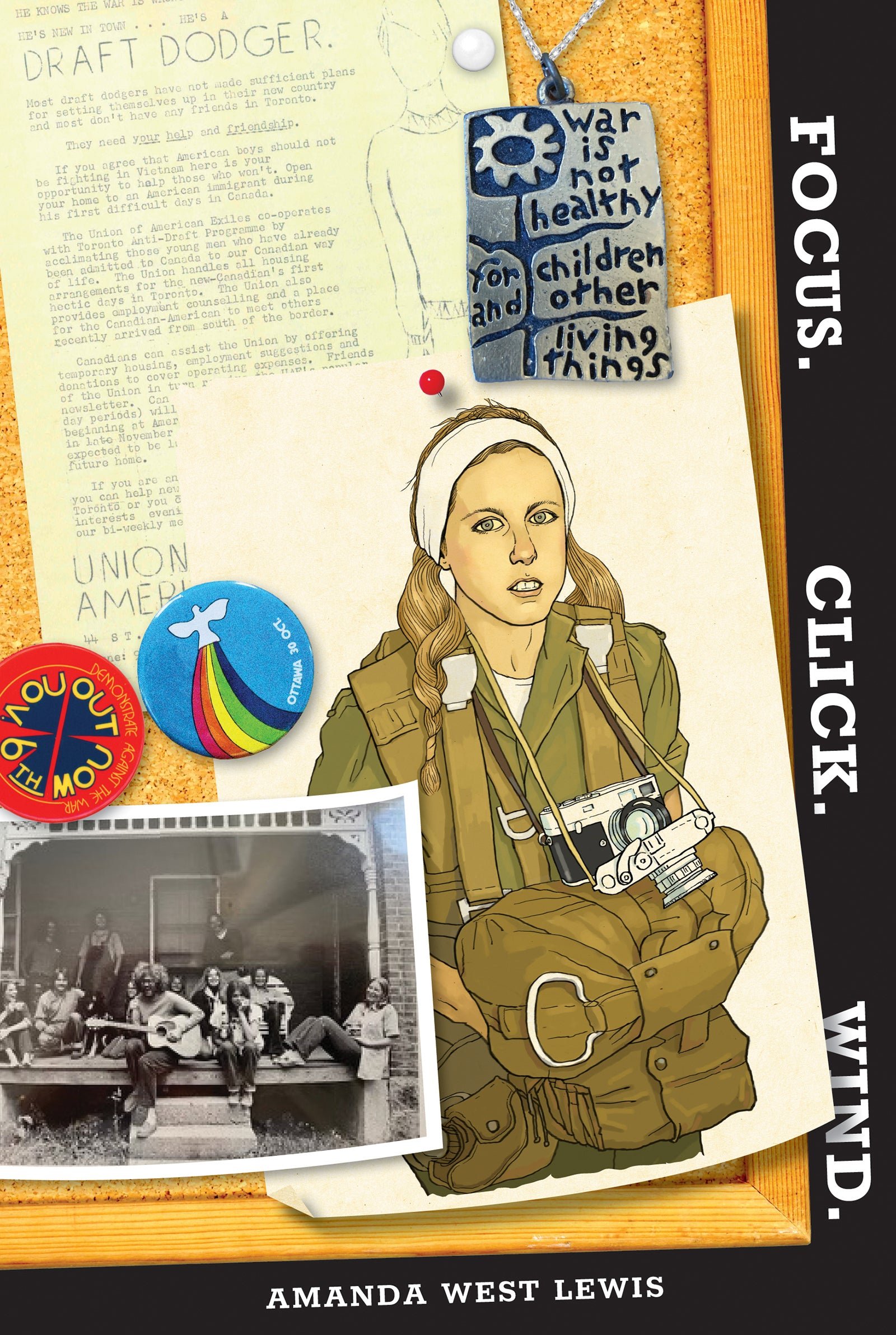
Guest Post: Amanda West Lewis on Writing in Three Dimensions
In the kind of synchronicity that feels fake in fiction but is purely wonderful in life, I ended up reading the ARC of Focus. Click. Wind. by Amanda West Lewis right after finishing Dodger Boy by Sarah Ellis. It was wonderful to think about both books in tandem, a middle grade and a YA treatments tackling the same period of history and touching on similar themes of war and resistance, social justice and young people finding their own moral ground.
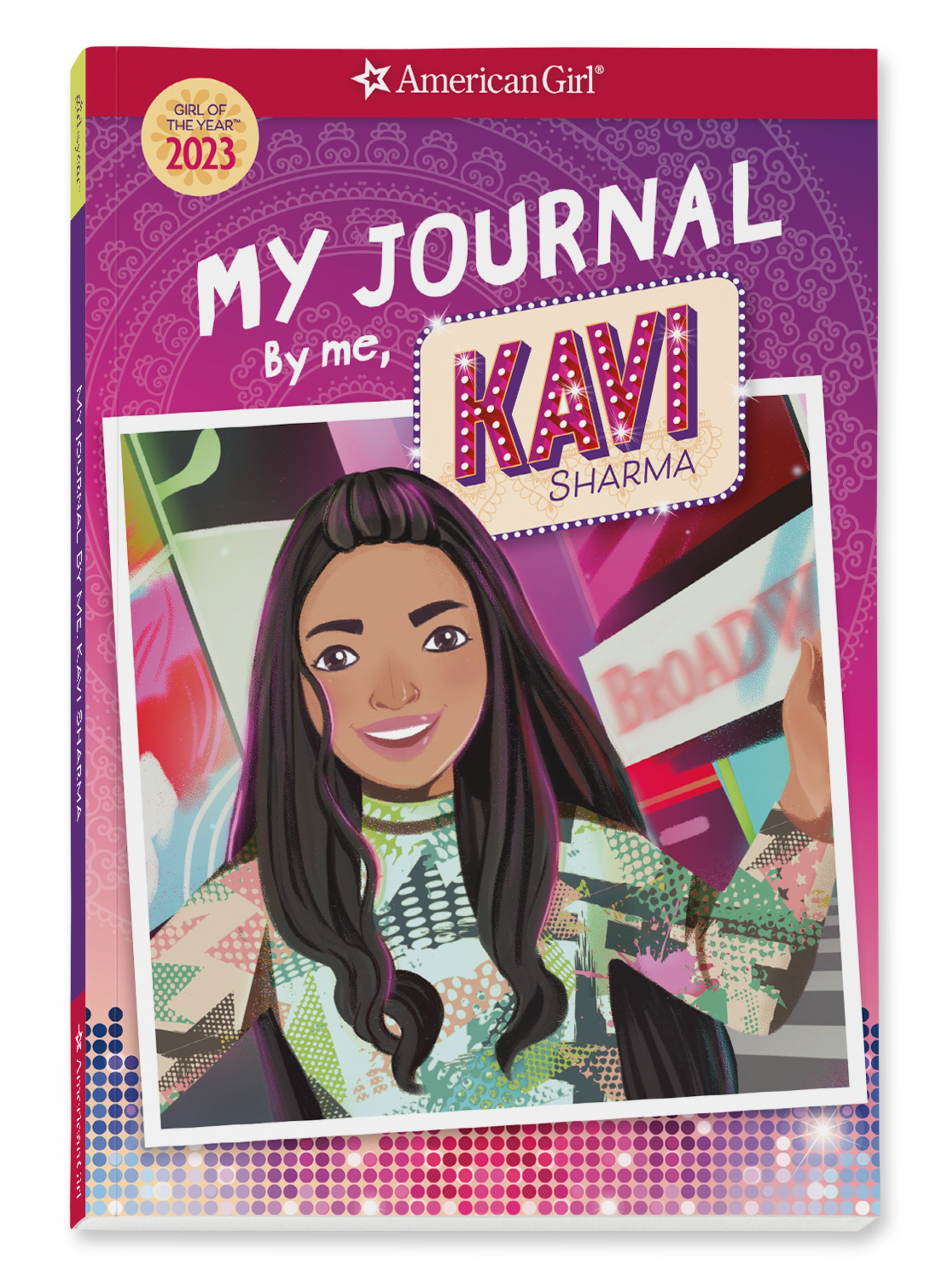
Guest Post: Varsha Bajaj on Kavi, 2023 American Girl
Picture book and middle grade novel writer Varsha Bajaj’s poignant story about a girl pursuing water justice in Mumbai has been described as “a powerhouse of a middle grade book,” “a valiant call for justice.”
Now Varsha takes on quite another kind of writing project—the companion books to the 2023 American Girl doll, our own South Asian American Girls Doll—Kavi. Varsha writes here about how this project came to be.
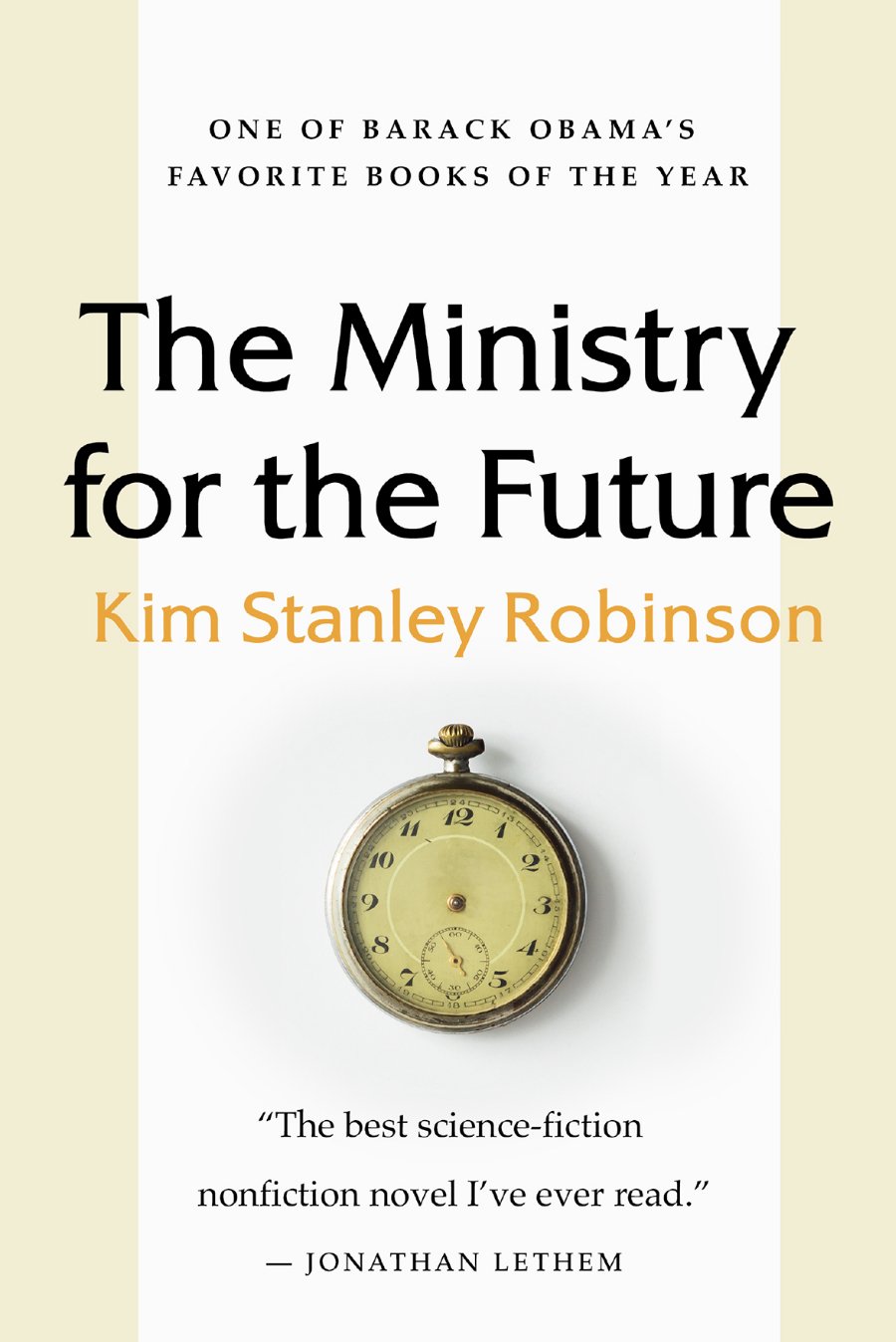
Reading the Future in Situ
Not for the first time, I’m wondering if it was a good idea to read Kim Stanley Robinson’s The Ministry for the Future while visiting India. In the book, the temperature hits 42° C in Delhi (that’s over 107° F). The protagonist, working for an NGO, persuades the locals to go dip in a lake, which turns out to be hellishly warm and dreadfully polluted.


We Have Been Taught…
This July 4th seems as good a day as any other to reflect upon the nature of history—whose it is and who’s depicted in it? Who tells the story and why?

